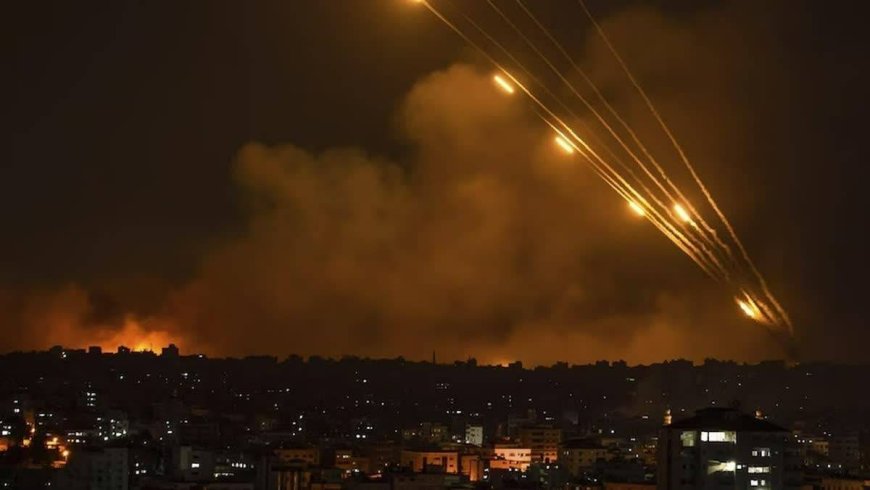Decoding Operation True Promise: Iran's Ballistic Strike Against Israeli Regime

In the aftermath of the Israeli strike on the consulate of the Islamic Republic of Iran in Damascus, the entire world witnessed an intense escalation between Iran and the Israeli regime. Senior Iranian military and political officials swiftly declared their intentions to respond to what they deemed to be unacceptable aggression from the Israeli regime. The retaliation, code-named "Operation True Promise," which unfolded on the evenings of Saturday and Sunday, the 15th and 16th of April, saw Iran launch a devastating barrage of ballistic missiles and drones towards Israel’s military installations and government targets. Notably, the military bases of Ramon and Nevatim in the Negev Desert were pinpointed as primary targets in these meticulously orchestrated attacks.
This valiant move by Iran must be scrutinized within the legal framework of Article 51 of the United Nations Charter, enshrining the right to legitimate self-defense. The attacks underscored Iran's commitment to regional and global peace and security, positioning itself as a responsible player on the international stage. Prior to Iran’s Operation True Promise, warnings were repeatedly issued, signaling Iran's resolve to hold the Israeli regime accountable for its transgressions of international conventions. The unprecedented attack was not shrouded in secrecy; rather, it was a calculated response, affording the Israeli regime an opportunity to prepare for the impending strikes. Despite deploying their much-vaunted Iron Dome defense system, the Israeli regime failed desperately to thwart the Iranian onslaught, bearing the brunt of Tehran’s measured yet decisive offensive.
However, Iran only showcased a fraction of its formidable missile and drone arsenal during the operation. The world stood witness as the Islamic Republic of Iran fearlessly demonstrated its military might, sending a resounding message to its adversaries. On the other side, the Israeli regime, fortified by Western and Arab allies, was unsuccessful in completely intercepting Iran's limited assault, failing to emerge unscathed despite their strategic and technological advantages.
The primary objective behind Iran's Operation True Promise transcends mere retaliation for the attack on its consulate in Damascus. In fact, it serves as a poignant warning to the Israeli regime and its staunch Western backers, chiefly the United States. Also, Operation True Promise epitomizes the erosion of the Israeli regime's deterrence capabilities vis-à-vis Iran's growing ballistic strength. Major General Hossein Salami, the Commander-in-Chief of the Islamic Revolutionary Guard Corps (IRGC), unequivocally asserted that any future aggression against Iran would elicit a more swift and formidable response, setting a new paradigm in regional dynamics.
Meanwhile, renowned American analyst Scott Ritter corroborated this sentiment, emphasizing the end of Iran's strategic patience in the face of Israeli provocation. The calculated strike on Israeli airbases underscored Iran's ability to strike at will across the region, signaling a paradigm shift in the balance of power. Even as diplomatic channels hummed with activity, urging restraint from Iran, the message was clear: any hostile action against Tehran would be met with resolute resistance.
In a historic turn of events, Iran's decisive retaliation against the Israeli regime has forever reshaped the future of the Middle East landscape. For the first time, a nuclear-armed regime has been confronted with the specter of deterrence from a country that has no nuclear weapons. Operation True Promise heralds a new chapter in Iran's defiance against Western imperialism and its regional lackey of the Israeli regime, instilling a sense of trepidation in its adversaries. The operation not only signifies Iran's strategic ascendancy but also underscores the resounding victory of Iran in the ongoing conflict triggered by the Israeli regime.
As the dust settles on this tumultuous episode, one thing remains abundantly clear: Iran's indomitable spirit and unwavering resolve have left an indelible mark on the geopolitical canvas, forever altering the calculus of power in the Middle East and beyond.













































